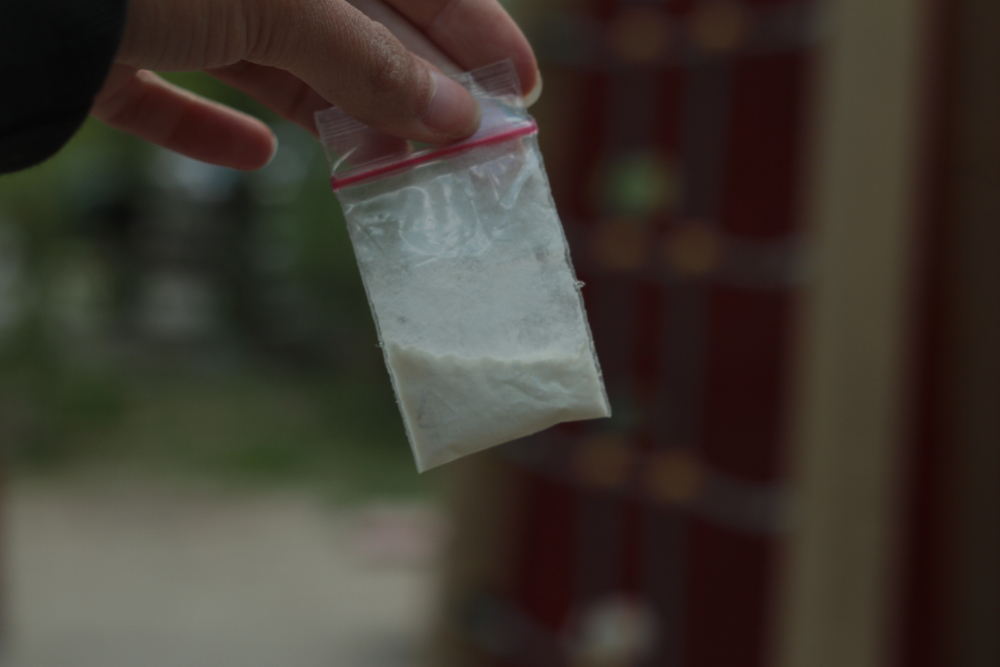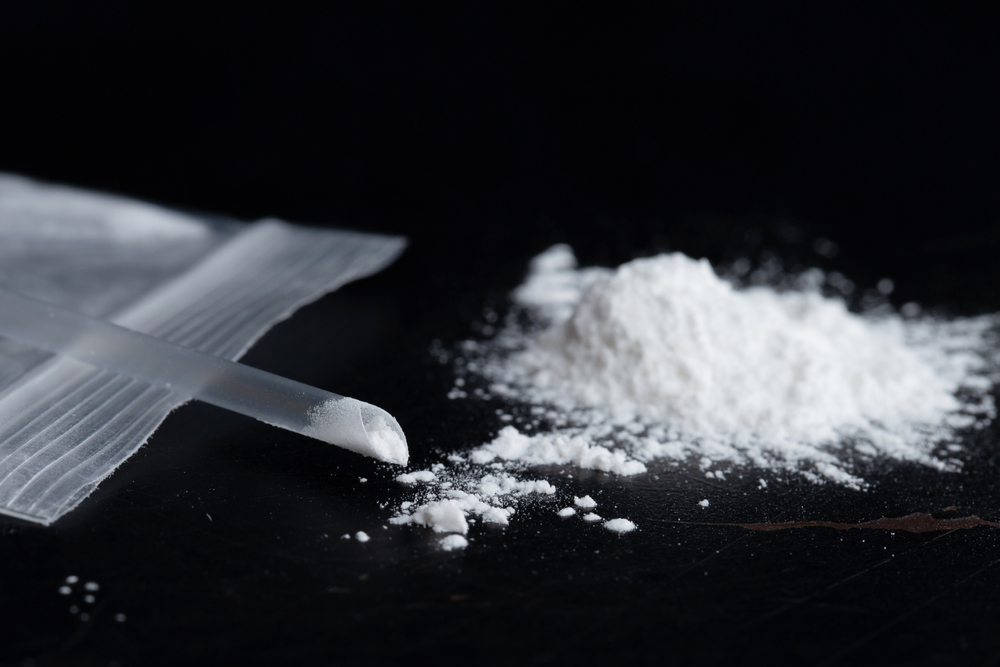Why You Should Be Worried About Ketamine Addiction
America’s young population is rapidly becoming acquainted with Ketamine addiction, a drug dependence that is attracting a lot of attention. Only a year ago, 0.7% of 12th graders misused the substance for recreational purposes, but 1.3% did so in 2020. Ketamine, a popular recreational drug, has gained much acceptance as a result of its medicinal benefits. As a result of its effects, it has become a popular addition to the club scene. It is also comparable to GHB and Rohypnol (Flunitrazepam) as a date rape drug. Although Ketamine is not the most lethal substance when used alone, it can significantly affect one’s quality of life if it is abused.
What is Ketamine?
Due to the many potential benefits and risks associated with ketamine, it has become a “hot topic” in psychiatry. Ketamine was first used in surgical procedures for anesthesia in the 1960s. It has also been used to treat psychotic symptoms in schizophrenia, depression, and substance abuse, although ketamine is one of the most commonly misused substances.
Ketamine was first approved by the FDA for its anesthetic value. In addition to its anesthetic function, the FDA now recognizes the antidepressant advantages of ketamine when administered with oral depressants as a Schedule III drug. It is available for medical use with a prescription and is sometimes used for pain relief and sedative effects.

Users misuse ketamine because it produces the same effects as PCP. Ketamine can cause perceptual and auditory hallucinations. Because it can produce an out-of-body experience, this drug is widely misused. Users report experiencing complete ecstasy on ketamine, but consuming large amounts of it can have the same consequences as a near-death experience.
The use of ketamine for sexual assault has increased in recent years, largely due to its ability to disable a victim’s senses, judgment, and motor function for up to 24 hours after use. Due to its addictive nature, ketamine is more commonly used in veterinary clinics to sedate animals. Ketamine is available in both liquid injectable and powdered forms.
Is Ketamine a Stimulant or Depressant?
Ketamine is classified as a dissociative anesthetic. Since the late 1960s, ketamine has been used as a sedative in medical settings. Every clinic, doctor, health organization, and regulatory body such as the Food and Drug Administration (FDA) acknowledges ketamine as a dissociative anesthetic.
However, low doses of ketamine can have stimulant effects. Users report floating, dissociation, and numbness in their bodies. When taken in high doses, ketamine often causes users to become withdrawn. They may not recognize who or where they are or may stagger if they try to walk, feel their hearts pound, and find it difficult to breathe. Loss of consciousness may also occur as a result of high doses.
What are the Effects of Ketamine?
An individual’s coordination or senses may be affected for up to 24 hours after using ketamine for the first time, but its effects typically last only about an hour. Side effects of ketamine use include:
- Dilated pupils
- Increased heart rate
- Muscle stiffness
- Nausea
- Vomiting
- Sedation
- Amnesia
- Confusion
- Involuntary eye movement
- Excessive salivating
- Impaired motor functioning
- Slurred speech

Long-Term Effects of Ketamine Use
The frequent, repeated use of ketamine can cause significant harm to many of the body’s key organs, including the digestive system, urinary tract, and brain. Some of the most significant physical consequences of ketamine abuse are ulcerative cystitis and amnesia. During drug abuse, the liver and kidneys are damaged as well and may be irreversibly injured.
Long-term side effects may include memory problems, mood swings, respiratory issues, bladder and urination difficulties, rapid pulse rate, seizures, overdose, and more. The physical dependence on and physical tolerance to ketamine, as a result of repeated, high-dose ketamine abuse, is the most severe long-term effect. Since the individual will require more of the substance to experience the same effects, the individual may be at risk of dangerous methods to seek a more intense high.
Intravenous or intramuscular administrations of ketamine are common; however, consuming the drug orally or nasally is also possible, increasing the chance of damage to veins, muscles, skin, and internal organs. Skin infections, HIV or hepatitis transmission via needle sharing, and endocarditis, an infection of heart valves, are among the dangers associated with injectable drugs.
Ulcerative cystitis, a type of painful bladder syndrome that causes chronic, recurring pelvic pain as a result of bladder tissue damage, can be caused by ketamine. It is estimated that 5 percent of people with interstitial cystitis, whether it is ulcerative or not, will develop end-stage cystitis. Bladder failure results in a bladder that is hard, extremely painful, and incapable of retaining urine, leading to this condition. Bladder ulceration, the most common type of cystitis, occurs in about 10 percent of cases. Individuals who abuse ketamine are more likely to develop this condition.
In addition, long-term use of intoxicating substances such as ketamine can cause cognitive impairment, memory problems, and mood swings, among other problems. Those who abuse this anesthetic have trouble remembering, thinking clearly, and experiencing mood swings.

What Does a Ketamine Addiction Look Like?
Family members are unlikely to miss the signs of ketamine abuse, which are quite evident. Family members who are concerned about a loved one abusing ketamine may wish to keep the drug out of sight. It is often used as a party drug or as a solo substance.
At lower doses, ketamine causes perceptual distortions and the user becomes mellow and detached. The user may also experience hallucinatory experiences similar to those produced by LSD. The user will feel out of control of himself and to a lesser or greater extent detached from his physical body. The individual who takes ketamine at a party may have recovered by the time he gets home, so the family may have to rely on other signs and symptoms to detect abuse.
The following are some signs that a person is abusing ketamine. The symptoms become more severe as the amount of the drug increases.
- Lethargy
- Altered perception
- Increased agitation
- Depression
- Difficulty concentrating
- Nausea and vomiting
- Involuntary muscle movements
- Amnesia
- Poor memory recall
- Respiratory depression
- Hallucinations
- Paranoia
Someone who uses ketamine extensively may become psychologically dependent on the drug. They will most likely experience reduced cognitive function and be unable to remember anything they have learned or retain any new information. Periods of amnesia may also occur. Those who are addicted to ketamine often commit crimes to obtain the drug, therefor guilt is a common indication of addiction. Despite the damage, an individual addicted to ketamine will continue to abuse the drug.
How to Help Someone Struggling with an Addiction to Ketamine
It’s important to be informed about this addiction before assisting someone in this situation, otherwise, you may do more harm than good. The following are ways you can help your loved one once you have acquired the necessary information regarding ketamine and addiction:
- Help them identify triggers – A ketamine user’s triggers are unique to them and can be any number of things. Triggers are what causes an individual to drink or take drugs. Someone quitting ketamine might be triggered by walking past a bar or nightclub, for instance, but a room’s scent or a TV show they used to watch or have on might also be a trigger. It will be beneficial for your loved one’s recovery if you help them consider what their triggers might be.
- Help them evaluate their life choices – Many ketamine users find it difficult to stop using the drug, so anyone hoping to do so should be in good health. You may assist a friend or loved one by encouraging them to make an appointment with their doctor for a basic medical examination. You may also assist them in quitting by encouraging them to participate in physical exercise. Improving their physical health may make withdrawal easier, and the activities they participate in may serve as an effective replacement for using the drug.
- Encourage them to seek treatment – When helping someone who wants to quit drugs or alcohol, it’s important to bring up the subject of professional treatment. Many people believe that treatment and rehab are only accessible to the wealthy and take place in residential facilities. This notion is now outdated. Non-residential options are accessible for those who want to quit drugs or alcohol, and they are just as effective as traditional rehabilitation programs. The most important thing to remember when considering ketamine use is that most people would benefit from talking to a qualified, experienced psychotherapist. These professionals will help them address the psychological reasons why they use ketamine and the negative psychological consequences it can create.

Durable Recovery is Ready to Help
It’s important to seek professional help and consider treatment if you or a loved one is suffering from ketamine addiction. The professionals at Durable Recovery have decades of combined experience in treating various addiction disorders. With our help, you can confront your substance abuse and begin to heal.
To learn more about addiction treatment or any of the other services we offer, contact us today. It is time to take back your life—and we can help.








